Leading philosophers and scholars speculate on what Heidegger’s unfinished masterpiece might have said, why Heidegger didn’t publish it, and what being actually means.
Heidegger’s Being and Time is one of the most influential and important books in the history of philosophy, but it was left unfinished. The parts we have of it, Divisions I and II of Part One, were meant to be merely preparatory for the unwritten Division III, which was to have formed the point of the entire book when it turned to the topic of being itself. In this book, leading Heidegger scholars and philosophers influenced by Heidegger take up the unanswered questions in Heidegger’s masterpiece, speculating on what Division III would have said, and why Heidegger never published it.
The contributors’ task—to produce a secondary literature on a nonexistent primary work—seems one out of fiction by Borges or Umberto Eco. Why did Heidegger never complete Being and Time? Did he become dissatisfied with it? Did he judge it too subjectivistic, not historical enough, too individualistic, too existential? Was abandoning it part of Heidegger’s “Kehre”, his supposed turning from his early work to his later work? Might Division III have offered a bridge between the two phases, if a division exists between them? And what does being mean, after all? The contributors, in search of lost Being and Time, consider these and other topics, shedding new light on Heidegger’s thought.
Contributors
Alain Badiou, Lee Braver, Daniel Dahlstrom, Charles Guignon, Graham Harman, Karsten Harries, Ted Kisiel, Denis McManus, Eric S. Nelson, Richard Polt, François Raffoul, Thomas Sheehan, Iain Thomson, Kate Withy, Julian Young

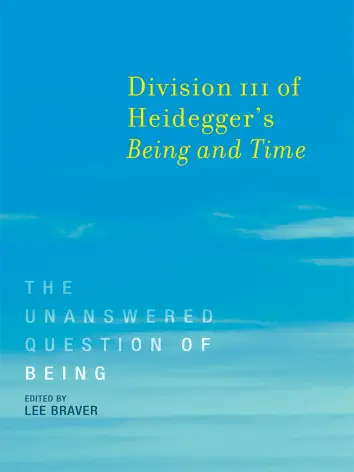
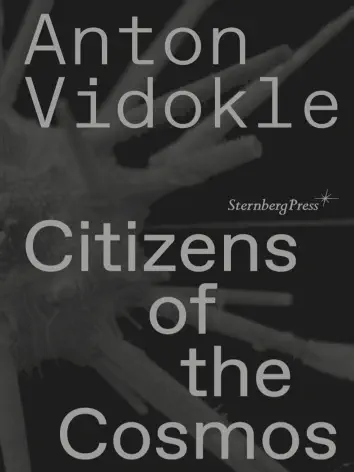
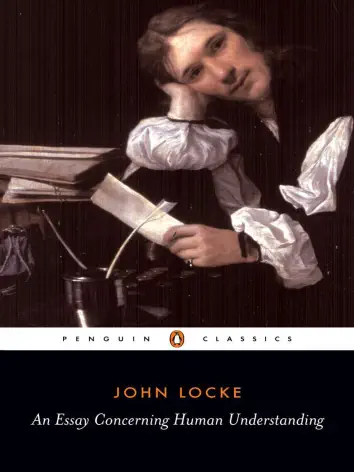
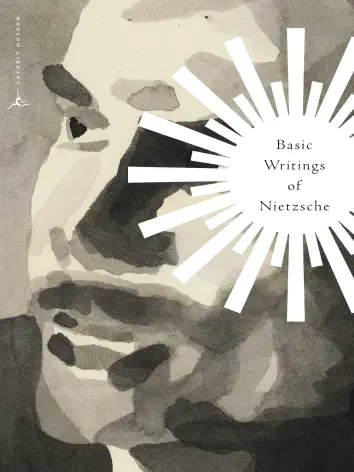
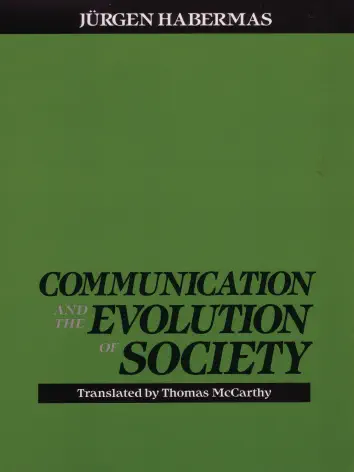
Reviews
There are no reviews yet.